RYTHM Foundation has won an award for its remarkable partnership with India’s Mann Deshi Foundation in a project empowering young rural women in Maharashtra and was pivotal in transforming their lives and providing them tangible opportunities to thrive.
RYTHM and Mann Deshi received the accolade at the recent 10th CSR Times Awards in New Delhi, clinching the Bronze award under the ‘Women Empowerment Within the Corporate Foundation Sector’ category.
The awards are an annual event by the CSR Times publication and honour the contributions of various local and international entities and individuals across 17 categories for their initiatives in India.
Our funding helped the Maharashtra-based Mann Deshi successfully establish five Champions Youth Development Centres across the region over the three-year duration of the collaboration.
The centres in Mhaswad, Dahiwadi, Atpadi, Aundh, and Dighanchi serve as holistic training facilities for individuals from marginalised backgrounds, focusing on achieving academic excellence, fostering physical fitness, and enhancing personality development.
An integral part of this initiative is a sports intervention programme complemented by various educational offerings, including self-defence training, English proficiency, driving skills, and job interview preparation.
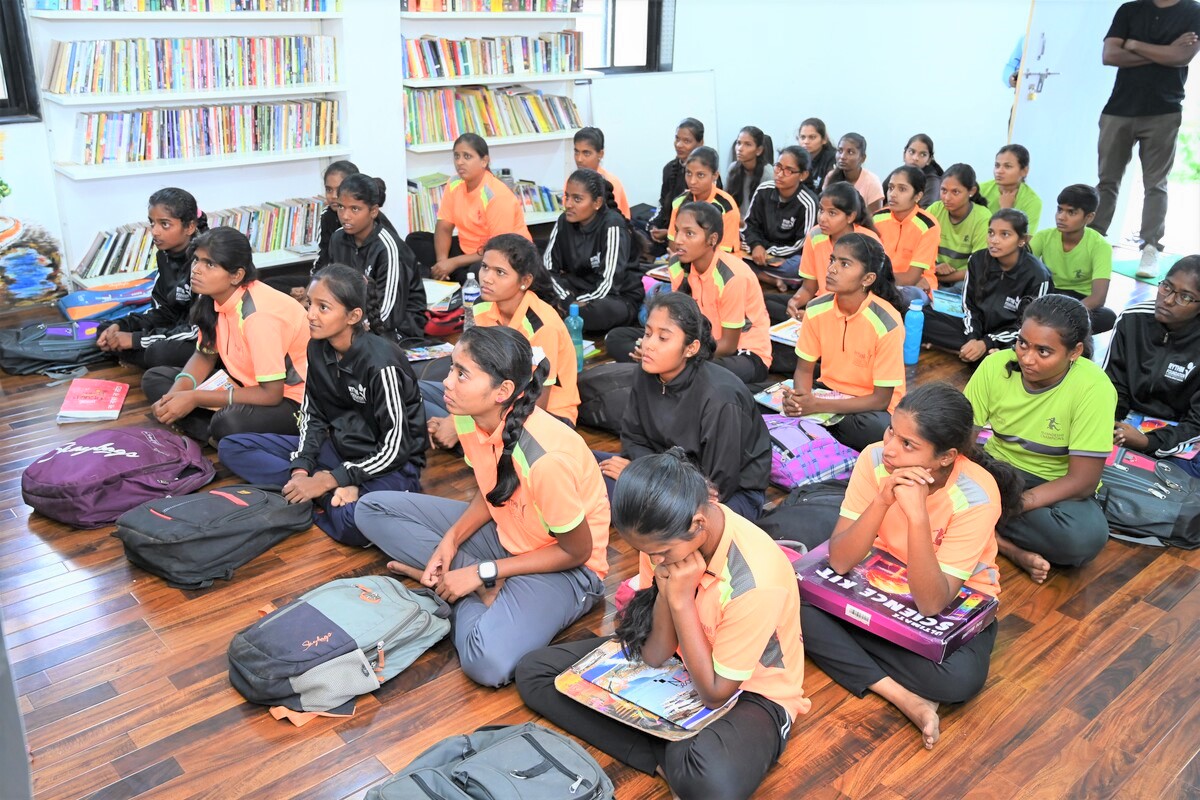
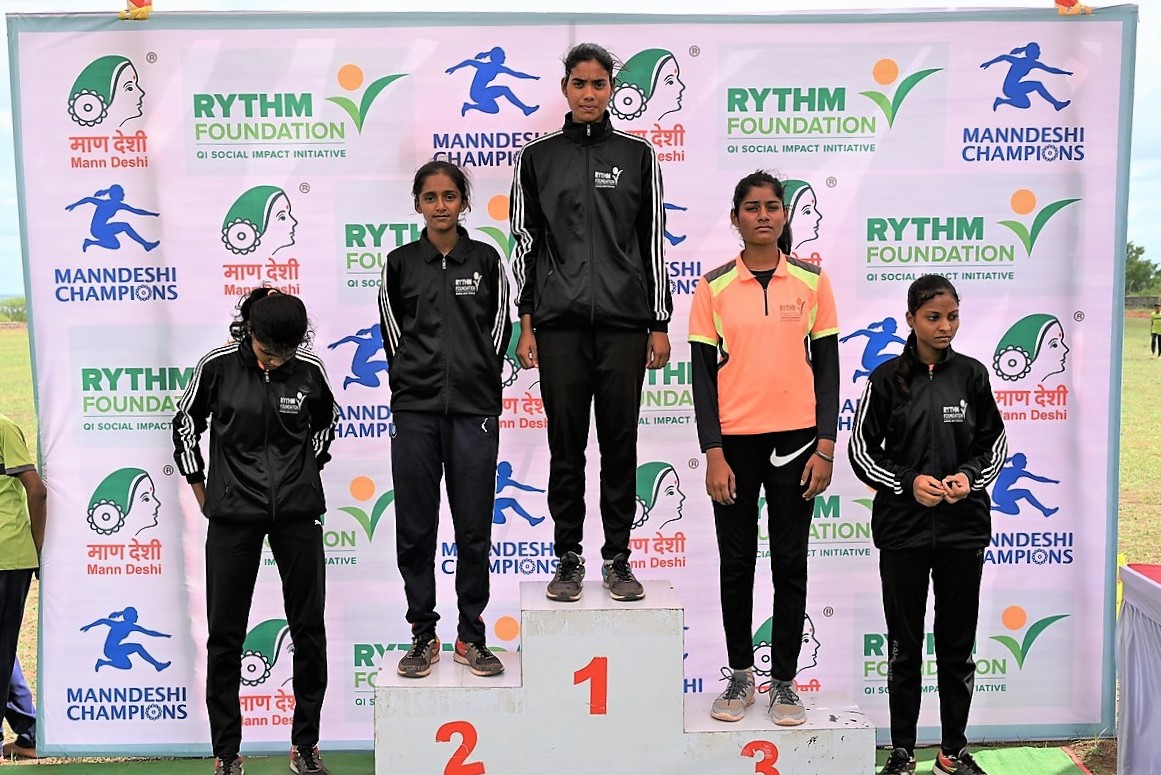
alongside a sports intervention programme.
These centres brought about profound changes in the lives of over 800 women, creating significant pathways for their future. Remarkably, over 30 participants broke gender stereotypes by securing positions in the region’s predominantly male-dominated law enforcement sector. Many others have also found employment in various entry- and mid-level roles across the public and private sectors.
Removing Hurdles for Rural Girls
“Within socially and economically marginalised communities in Maharashtra, where gender disparities intersect with restricted prospects, our partnership with Mann Deshi took shape with an audacious mission,” said the Head of RYTHM, Santhi Periasamy.
The project catalysed change, nurturing self-reliance and igniting a brighter future for the beneficiaries. “We set out to break down the obstacles rural girls face due to inadequate education and pressing social challenges such as early marriages.
“We could not be prouder of their and our partnership’s accomplishments. We thank the CSR Times Awards for recognising our work with Mann Deshi, a partner we are proud to collaborate with for their commitment to empowering young women,” Santhi added.
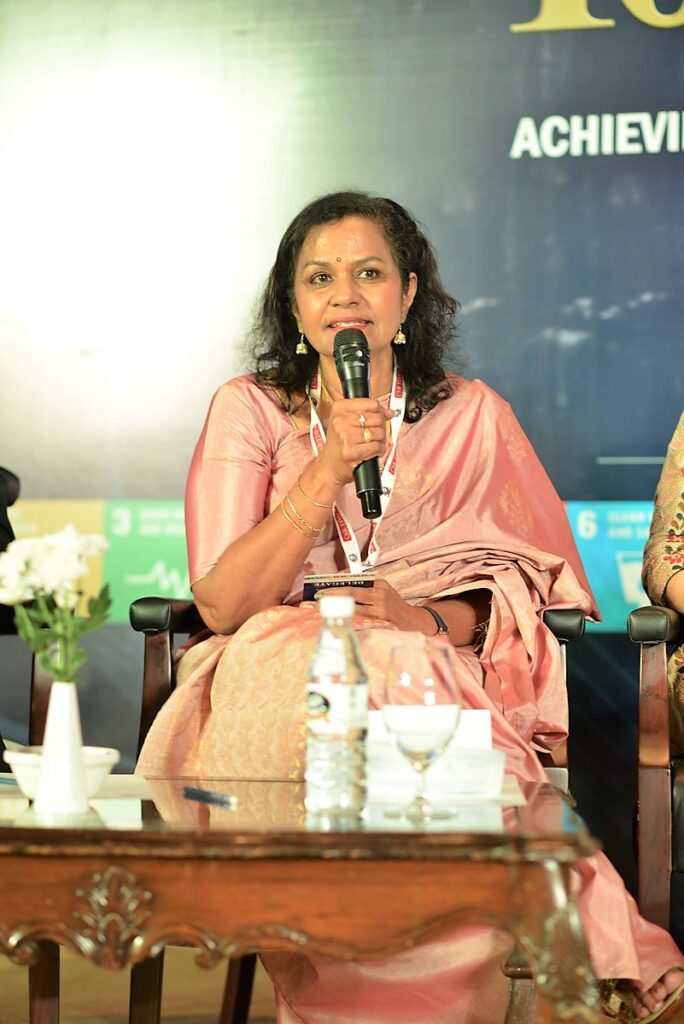
In a panel discussion held during the event, Santhi’s perspectives were also sought on the role of G20 nations in achieving the United Nations’ Sustainable Development Goals (SDGs) in India through Corporate Social Responsibility (CSR) initiatives. She highlighted the need for sustainable associations between communities and corporate foundations like RYTHM.
“As the Social Impact Initiative of the QI Group of Companies, we recognise that the need for such an association is rooted in the understanding that the challenges we face today cannot be overcome by a single entity,” Santhi noted.
“India’s vast and diverse population presents unique social, economic, and environmental challenges. Achieving the SDGs through CSR can only be possible when corporations get the buy-ins of civil society to support and participate in CSR activities organised and implemented by these corporations. Collaboration is vital to addressing these challenges effectively.”
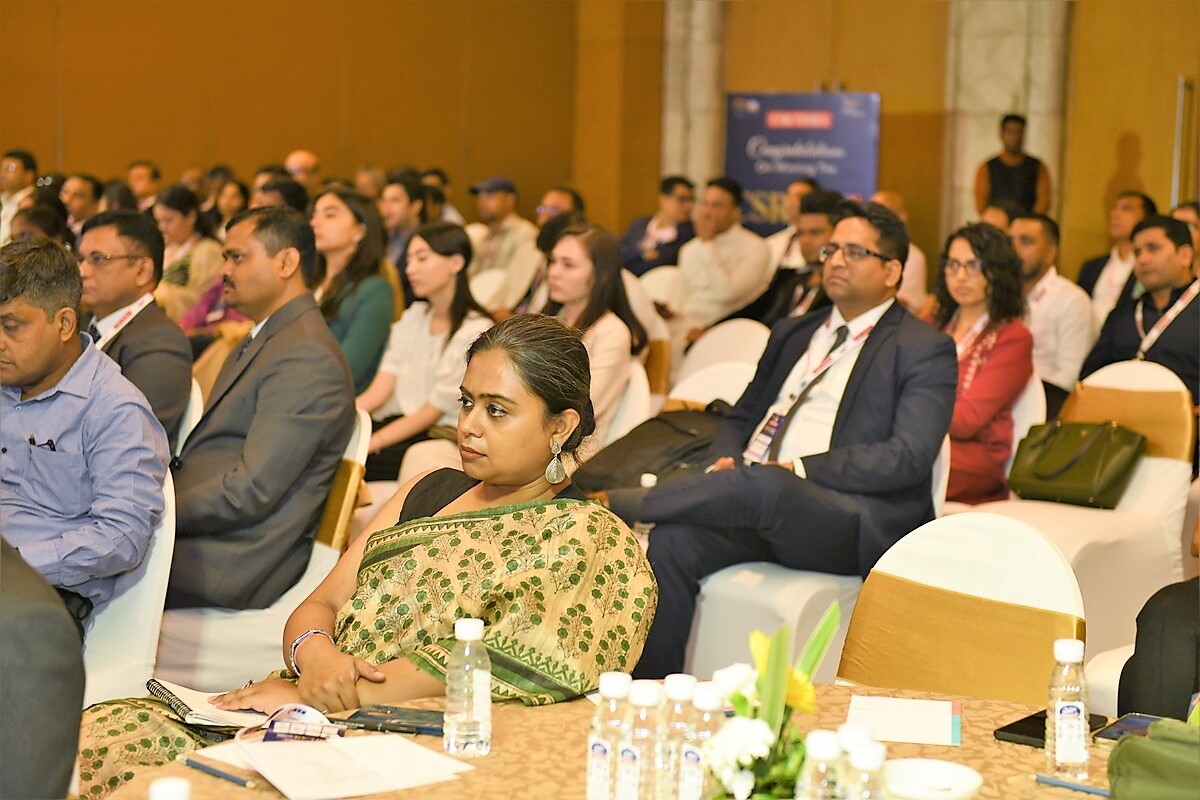
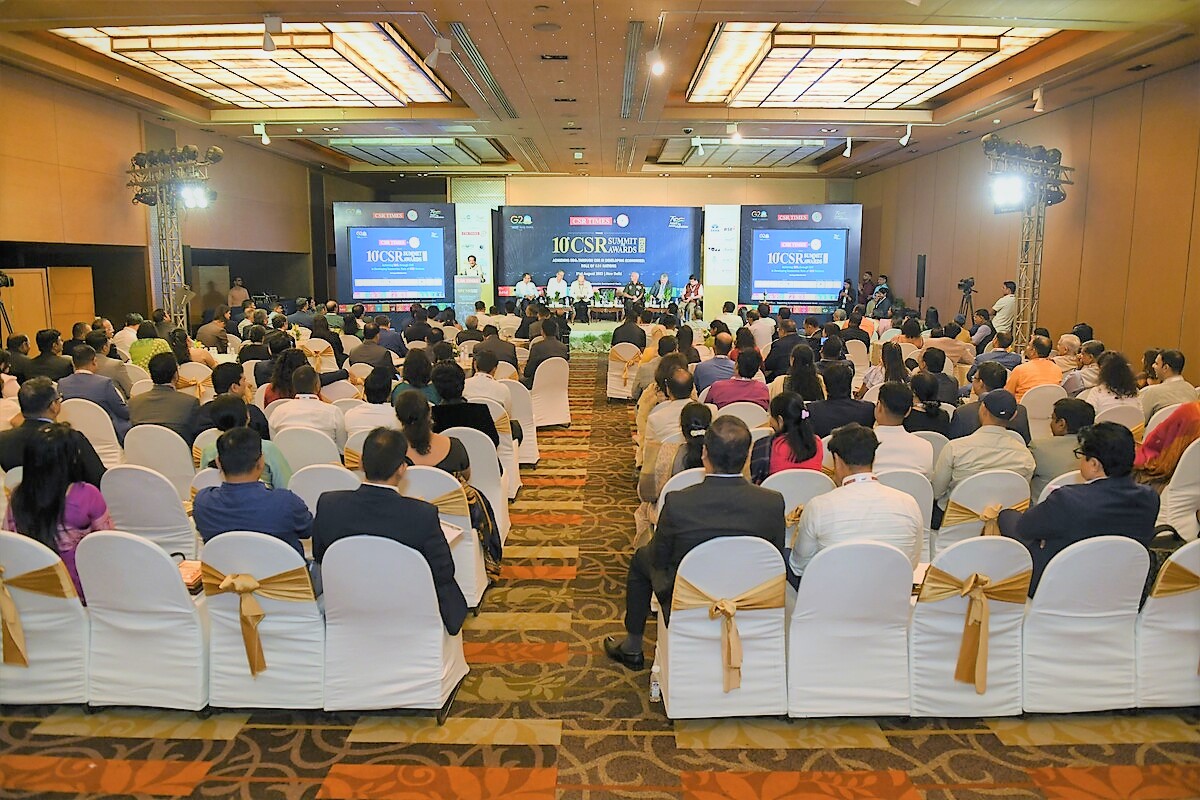
She added that sustainable associations between communities and corporations empower local stakeholders, ensuring that development initiatives are tailored to the community’s needs and priorities. This approach fosters a sense of ownership and engagement among community members, making them active participants in the development process rather than passive beneficiaries.
“This highlights the inter-connectedness of CSR, economic sustainability and societal well-being in India’s unique challenges and opportunities. Collaboration, compliance with regulations, and a strong foundation are vital elements in achieving the SDGs through CSR in India.”

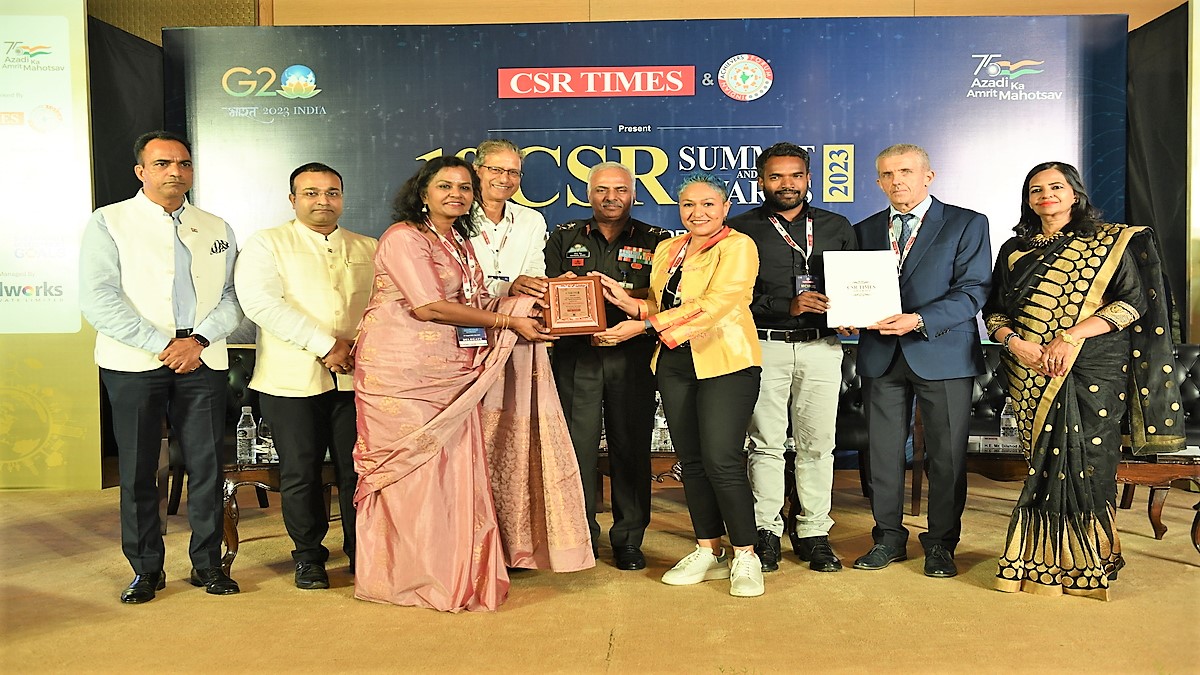

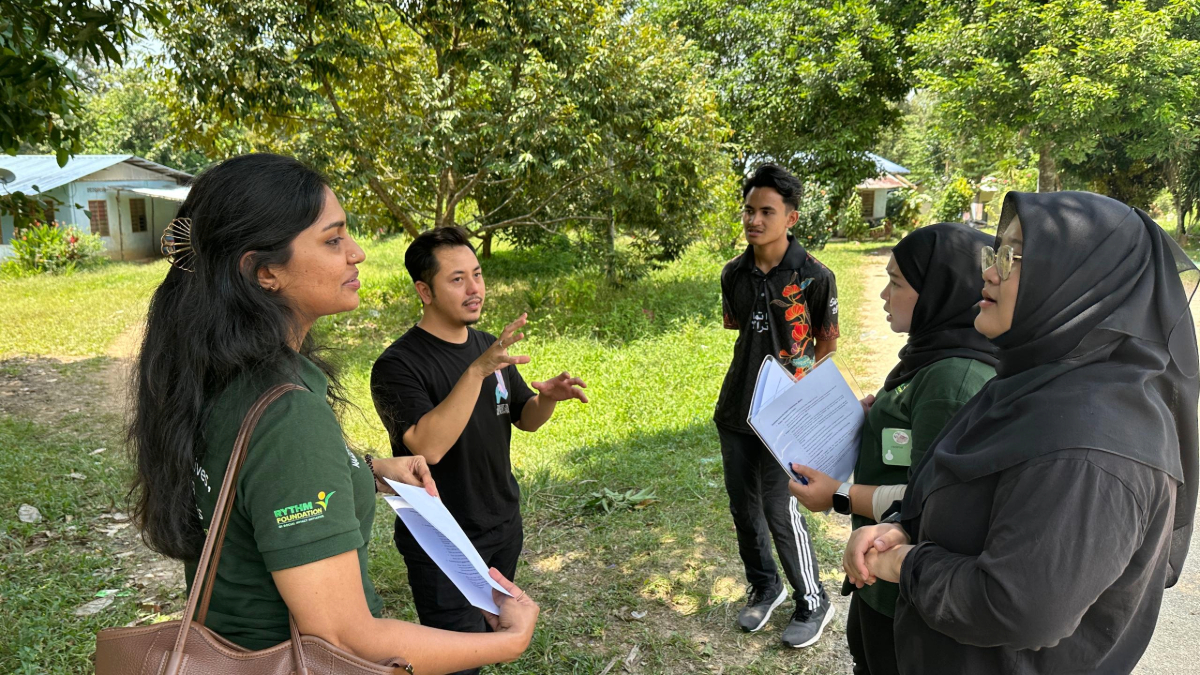
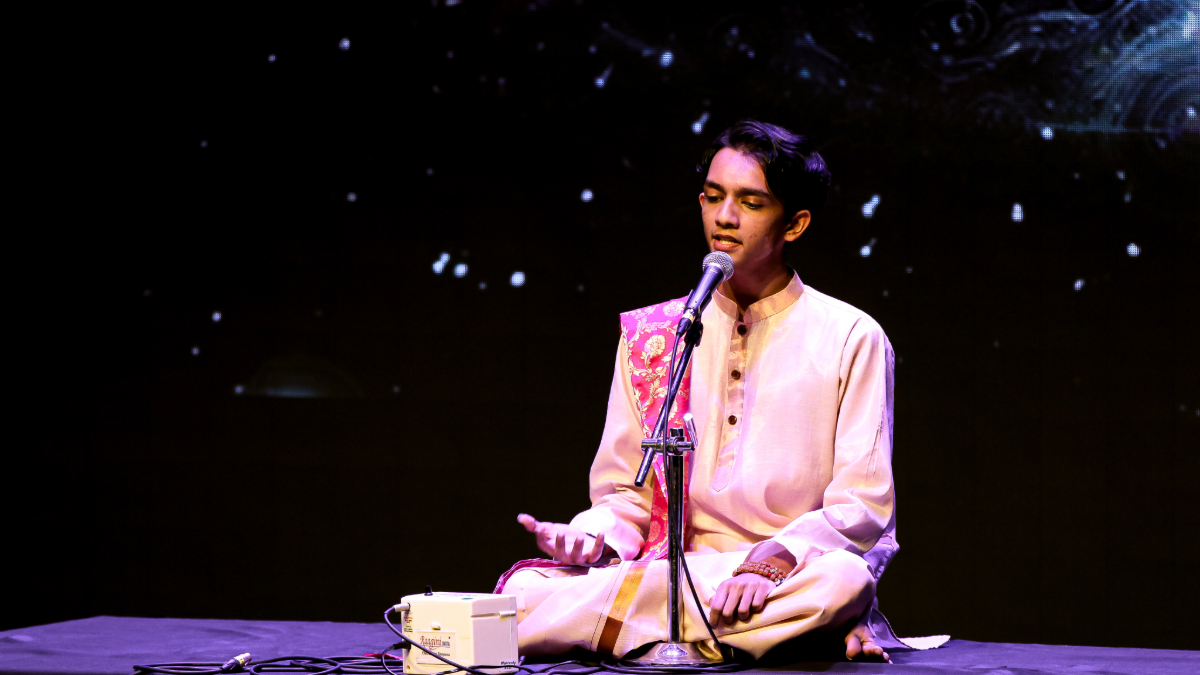

Good